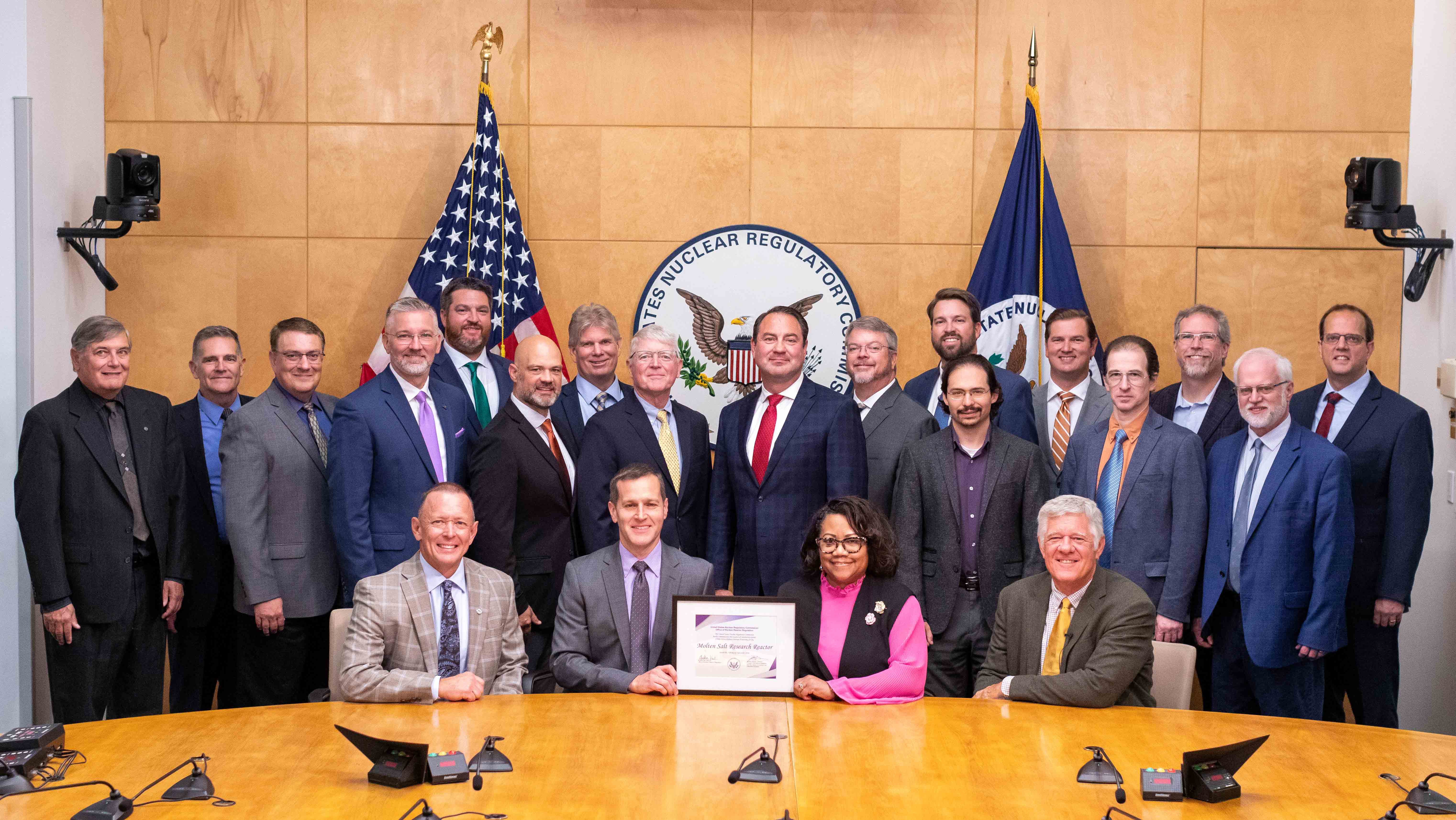
Texas A&M University's Department of Nuclear Engineering is proud to announce its pivotal role in the development of the Natura MSR-1, a revolutionary molten salt research reactor. This project, led by Abilene Christian University (ACU), marks a historic milestone as the first liquid salt-fueled reactor licensed by the Nuclear Regulatory Commission in American history.
The Natura MSR-1, a 1-megawatt thermal molten salt reactor system, will be housed at ACU's Dillard Science and Engineering Research Center. This facility will become the nation's first advanced reactor demonstration site outside of a national laboratory, symbolizing a new era of academic and industrial collaboration in nuclear research.
Texas A&M's Department of Nuclear Engineering brings its extensive expertise and cutting-edge research capabilities to this collaborative effort, which also includes The University of Texas at Austin and Georgia Institute of Technology. The department's involvement is driven by a shared vision of advancing nuclear technology to meet the growing energy demands of the state, the country, and the world.
"We are thrilled to be part of this groundbreaking project," said Dr. Nastasi, head of the department. "Our team's expertise in reactor design and safety will be instrumental in ensuring the success of the Natura MSR-1. This project represents a significant step forward in the development of safer, more efficient, and cost-competitive nuclear reactors."
Since 2019, Natura Resources has generously supported over 60 students at Texas A&M. “This support has been instrumental in fostering the next generation of nuclear engineers and researchers,” said Dr. Pavel Tsvetkov. “We are incredibly grateful for their commitment to education and innovation, which aligns perfectly with our mission to advance nuclear technology and address global energy challenges.”
The molten salt reactor, with its innovative design, promises to be a beacon of hope for a sustainable energy future. It can provide reliable energy, medical isotopes, and clean water, addressing some of the most pressing challenges of our time.
Texas A&M's involvement in the Natura MSR-1 project exemplifies the university's commitment to advancing nuclear technology and addressing the world's energy challenges. This collaboration is a testament to the power of teamwork and shared vision in achieving transformative advancements in science and technology.